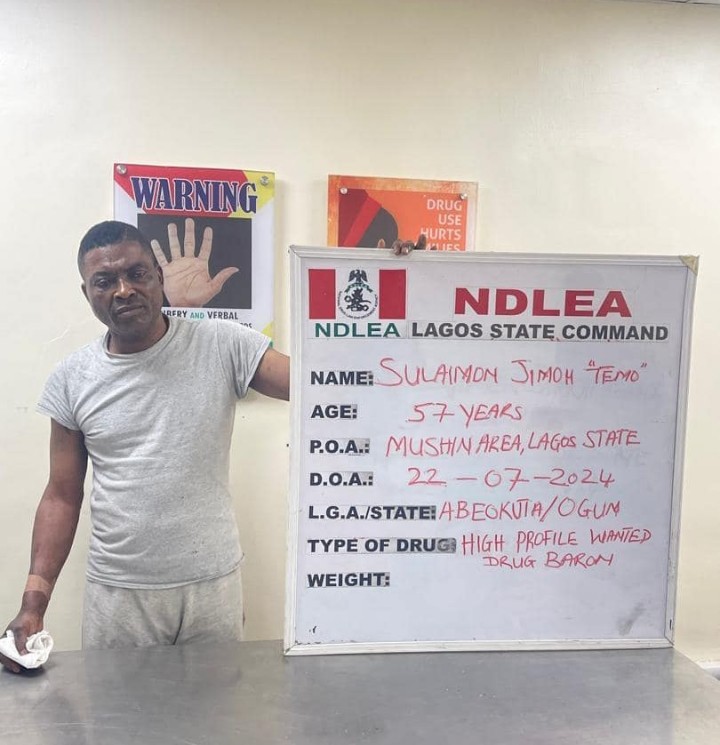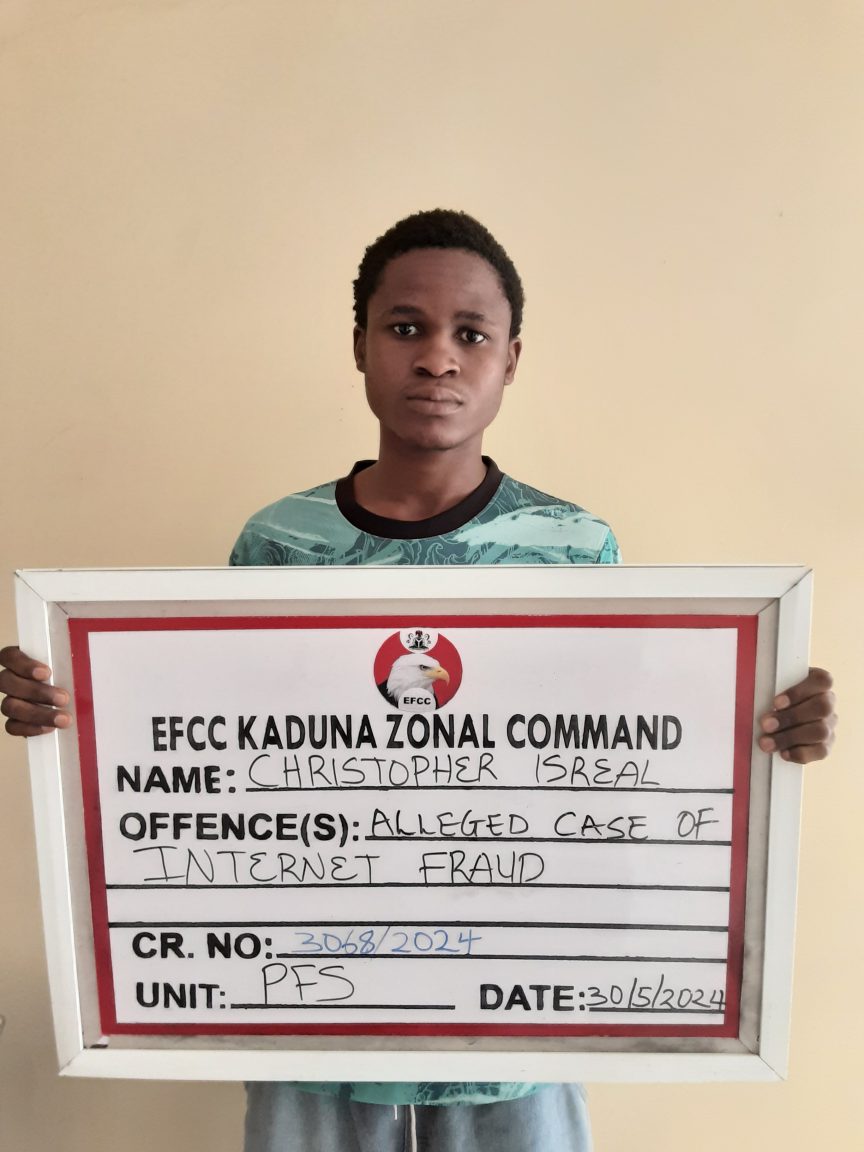
Insurgents struck Madagali, Adamawa State at about 2.30a.m. on Monday. According to residents in the area, the insurgents operated unchallenged for many hours as the soldiers deployed to the area were nowhere to be found that night. The Federal Government and military leadership keep insisting that Boko Haram’s ability to carry out attacks had been impeded.
The challenge with this type of “Boko Haram is defeated” communication is that it may start giving people a false sense of security in a situation where caution needs to remain high. It may also start giving even the soldiers a sense of a breather where even they may start looking to wind down the tempo. People subconsciously rest on their laurels when they believe that the fight is over.
This sort of message also seems to get the adversary energized with renewed commitment to prove the government wrong. Case in point was the mission accomplished speech U.S President George Bush gave on board an aircraft carrier in which he declared that “major combat operations in Iraq have ended” and that “in the battle of Iraq, the United States and our allies have prevailed.” Unknown to Bush, most of deaths of troops and civilian casualties would occur after that speech. If Bush had foresight of this, he would have resisted giving that speech prematurely!
Back in February 2015 when Boko Haram attacks were audacious and incessant, the Federal Government kept releasing statements that suggested Boko Haram was being defeated because they had been reduced to “just a few states” compared to when it was attacking six other states in the North and FCT Abuja. Almost a year later, the new government leadership continues to insist that Boko Haram has been defeated saying that they can no longer launch military style attacks but are now “reduced” to IED attacks.
Whether they have gone from six states to three, or gone from military style attacks to IED attacks, it is important that government does not disregard the reality on the ground in an attempt to find the silver lining in a dire situation. The goal should be for no attacks whatsoever.
The post 9/11 world makes this a difficult goal to achieve. So if attacks do occur, it should be few and far between, not several times a month. And until we get to that level, the government should resist from insisting that Boko Haram has been defeated, but instead allow the results speak for themselves.
Confirmation on whether or not Boko Haram is a thing of the past should be given by members of the public instead of the government, lest the latter appear as seeking to score political points where they have little control in predicting insurgent actions.
Some may argue that it is done so as to help boost troop morale. But if this is the goal, troop morale can be increased by giving out awards, promotions, and other education, health, financial and insurance benefits for the servicemen and their families.
Where the focus should be
The military needs to continue mounting pressure on the remaining insurgents that are still in hiding and carrying out attacks. They need to increase collaboration among the neighboring countries because it is becoming more apparent that the insurgents are taking great advantage of the porous borders to take refuge on one side of the border while they carry out attacks on the other side.
Victims in the Adamawa Boko Haram attack lamented the absence of military troops during the raid. This is the sort of scenario that may continue to occur once the government decides Boko Haram is defeated and it’s time for them to start drawing down.
Using Afghanistan Taliban insurgency and the Iraqi war, as examples, President Barack Obama had decided to draw down troops and completely evacuate American troops from the area. The plan was U.S troops will train the local Afghan and Iraqi security forces so that they would carry on with the task of protecting their countries.
The U.S pulled out of Iraq and ISIS took hold in certain parts. Obama eventually had to put a stop to the complete withdrawal of U.S troops in Afghanistan as during the draw down, the Taliban resurged and started taking over some provinces and towns in the outskirts.
The Nigerian government needs to learn something from this Iraq-Afghanistan situation. The military cannot remain in the tri-state (Borno, Adamawa and Yobe) forever. Sooner or later, they are going to start winding down the operation but they will have to ensure they have adequately trained the Nigerian Police Force and other local security agencies that will be responsible for the protection of civilians and the communities once they start moving back and the military start moving out.
Is the Nigerian Police ready to take over the counter-insurgency fight?
This is where things get a bit worrying! The Nigerian Police are currently still struggling with protecting Nigerian citizens from local crime and criminal perpetrators. This week there were reports of clashes between some Shia’ groups and rival Muslim youth; There was election violence in Bayelsa; an Ondo government aspirant was kidnapped in Abuja; another set of kidnappers abducted a pastor in the middle of a church service in Kogi State.
In addition to the aforementioned, the country at any given time is dealing with armed robbery, cult clashes, and herdsmen attacks, civil unrests and so on. The police are already dealing with a lot despite its manning issues.
The Army needs to start integrating other security forces operatives with them for the purpose of preparing them to continue the security of these communities and its occupants. There needs to be more joint patrols and exercises between the Army and the Police Force operative, who will carry the baton once the military operation has been concluded. Hopefully, this phase in the Boko Haram insurgency really is the beginning of the end and not the end of the beginning.
Email: tanwa.ashiru@bulwarkintelligence.com
Website: www.bulwarkintelligence.com
Twitter: @bulwark_intel
















